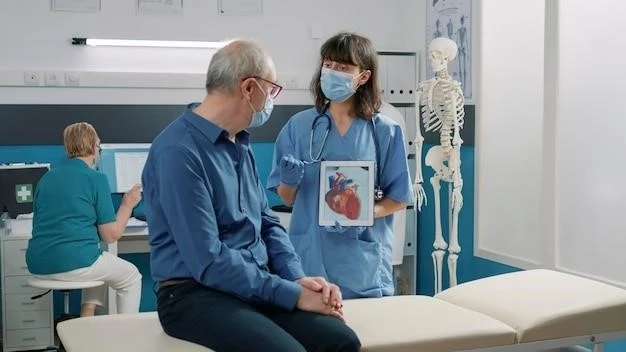What is Multiple Organ Failure?
The most common cause of death for patients admitted to a contemporary ICU is a clinical condition known as multiple organ failure. Variously referred to as MODS, multi-organ failure, or acute respiratory distress syndrome, it is characterized by altered organ function and dysregulations. The exact mechanisms leading to MOF are still unclear.
Definition and Terminology
Multiple organ failure is a syndrome characterized by the simultaneous failure of two or more organ systems in an acutely ill patient. Commonly referred to as MODS or multi-organ dysfunction syndrome (MODS), it manifests as altered organ function and requires medical intervention to restore homeostasis. This condition poses a significant challenge in critical care settings due to the complex pathophysiological pathways leading to organ dysfunction.

Causes and Mechanisms of Multiple Organ Failure
The most common cause of death for ICU patients is the clinical condition known as multiple organ failure (MOF), characterized by the failure of two or more organ systems. The exact mechanisms leading to MOF remain unclear.
Inflammatory Response and Tissue Hypoxia
Multiple organ failure (MOF) is characterized by immune and cellular metabolic dysregulations, leading to inflammatory responses, tissue hypoxia, and endothelial dysfunction. Endothelial and microvascular dysfunction play crucial roles in the progression of MOF, contributing to the severity of the syndrome. Understanding the interactions between inflammation, tissue hypoxia, and immune responses is vital in managing and treating patients with MOF.
Characteristics and Manifestations of Multiple Organ Failure
The progression of multiple organ failure (MOF) can lead to altered organ function and systemic dysregulations, impacting critically ill patients in various ways.
Impact on ICU Patients
Multiple organ failure (MOF) can significantly impact the prognosis and outcomes of patients admitted to the intensive care unit. The progression of MOF can lead to a cascade of complications, requiring prompt intervention and specialized care to manage the complex nature of the syndrome and its effects on critically ill individuals.

Diagnosis and Assessment of Multiple Organ Failure
Diagnosing multiple organ failure (MOF) involves assessing the altered function of two or more organ systems in acutely ill patients, often requiring complex intervention and monitoring to evaluate the severity and progression of the syndrome.
Sequential Organ Failure Assessment (SOFA) Score
The Sequential Organ Failure Assessment (SOFA) score is a tool used to assess the severity of multiple organ failure (MOF) in critically ill patients. It evaluates organ dysfunction based on various parameters, aiding in the diagnosis and management of MOF.
Treatment and Management of Multiple Organ Failure
Multiple organ failure (MOF) necessitates a multifaceted approach to treatment, often involving interventions to address the underlying causes and provide supportive care to help restore organ function and improve patient outcomes.
Therapeutic Potential of Immunomodulatory Drugs
Immunomodulatory drugs hold promise in managing multiple organ failure by targeting the immune response and inflammatory pathways. These drugs have the potential to mitigate the dysregulated immune responses and help restore organ function in critically ill patients.
Prevention and Outlook for Patients with Multiple Organ Failure
The prevention of multiple organ failure involves early recognition of risk factors and timely intervention to address organ dysfunction, ultimately improving patient outcomes and prognosis.
Role of Expert Care Plans in Recovery
Comprehensive care plans developed by healthcare experts play a crucial role in the recovery of patients with multiple organ failure, ensuring individualized treatment strategies are implemented to optimize outcomes and enhance the quality of patient care during the recuperation process.
